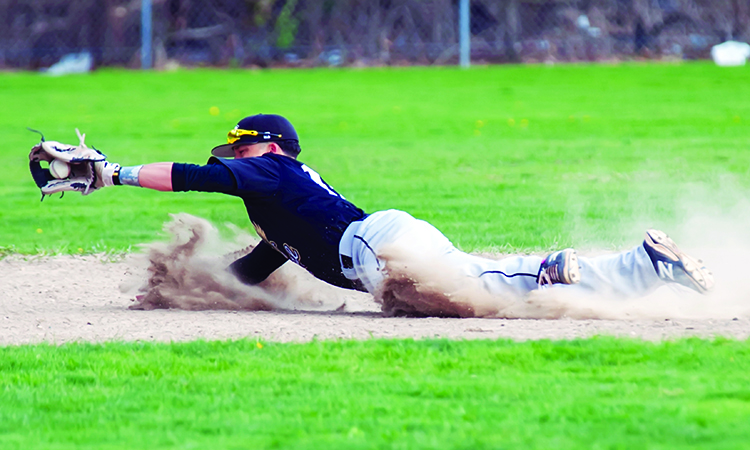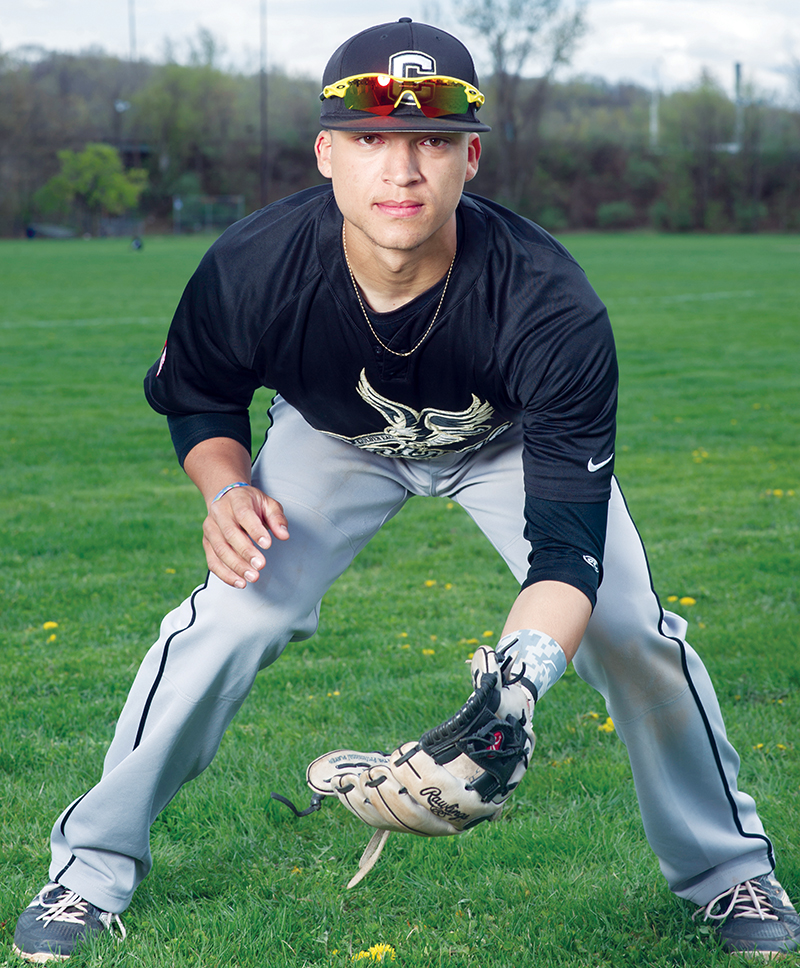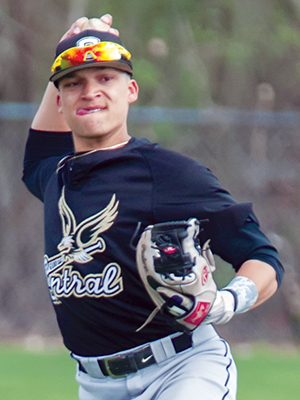
Isan Diaz listens to the story of a fellow top baseball prospect from Massachusetts, one who earned a first-round selection in the 2011 MLB First-Year Players Draft.
Diaz, a 6-foot, 180-pound shortstop from Springfield, Mass., is told this mystery player could be his future teammate at Vanderbilt. Finally, Diaz is told that this player, Auburn native Tyler Beede, declined — at the age of 18 — a contract offer of $2.5 million from the Toronto Blue Jays, choosing instead to continue his career at Vanderbilt.
“Wait, did you just say $2 million?” Diaz asks.
Actually, $2.5 million.






